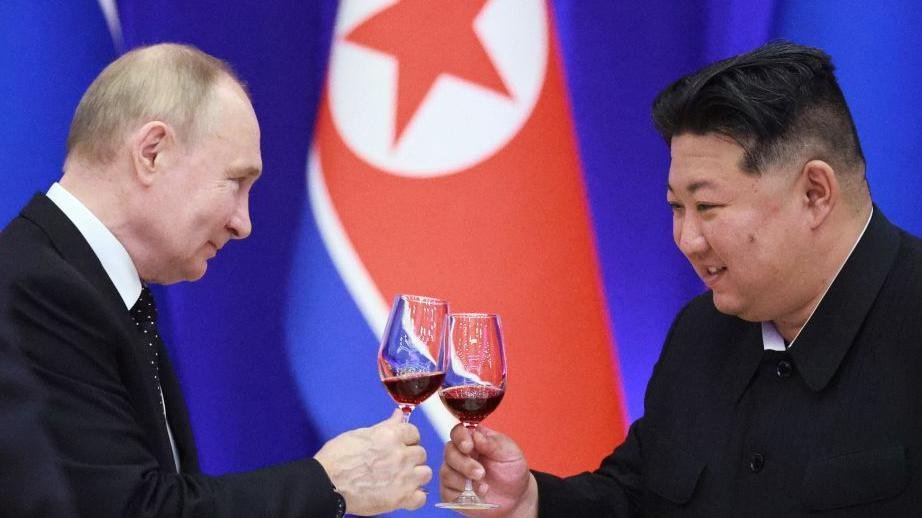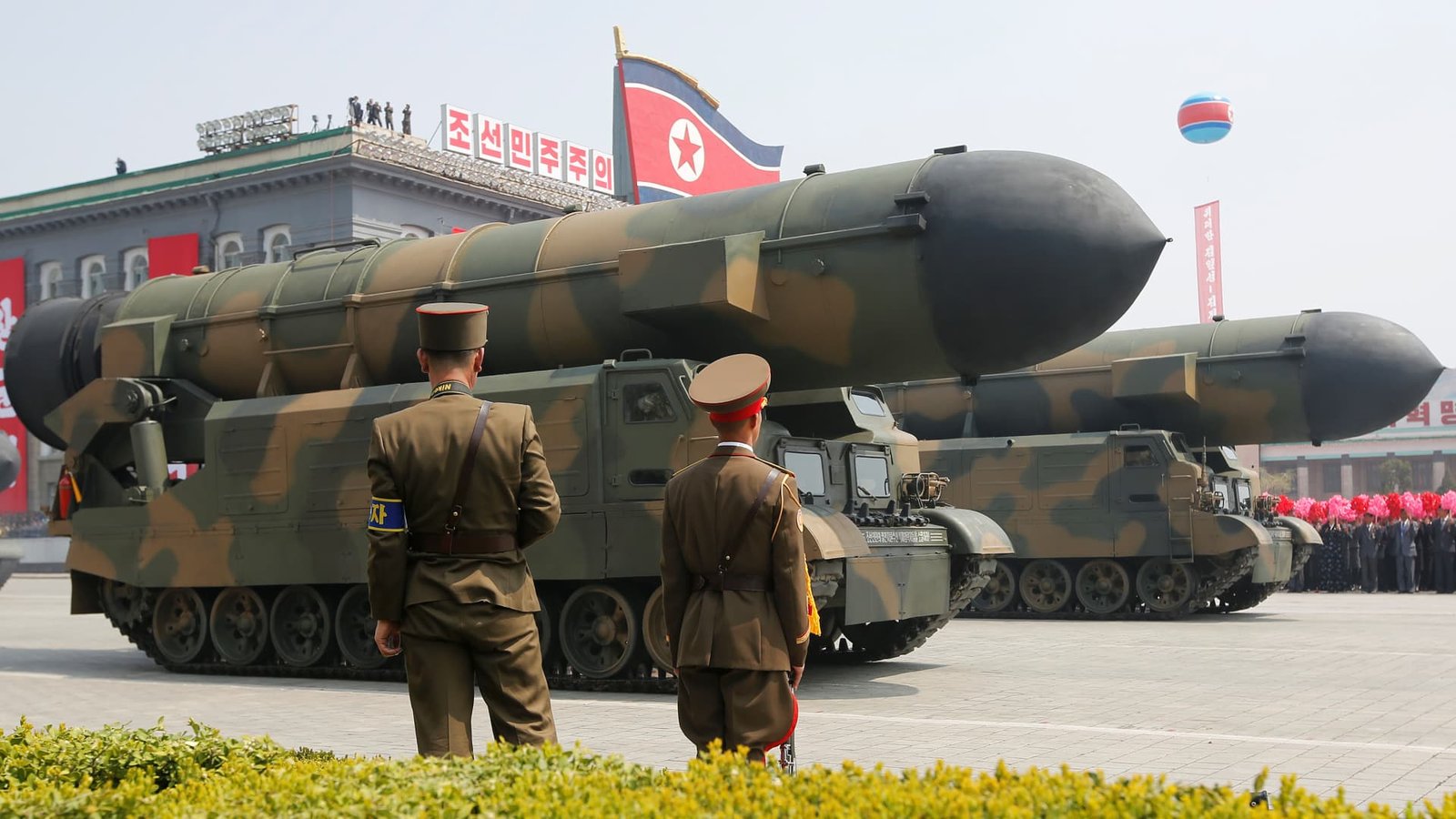
North Korea Missile Launch 2024: Latest Updates and Global Reactions
North Korea Missile Launch 2024: What You Need to Know
Introduction
As the world hones in on security issues, North Korea’s missile program continues to raise alarms on the global stage. In early 2024, the latest series of missile launches from the isolated nation not only demonstrated advancements in military capabilities but also sparked immediate reactions from neighboring countries and global powers. In this article, we’ll delve into the details of these recent missile tests, the nature of the launches, and the subsequent international response.
Background of North Korea’s Missile Program
North Korea’s missile development has been a topic of concern for several decades, marked by its desire to enhance military capability and assert sovereignty.
Historical Context
- Initial Developments: North Korea started its missile program in the late 1960s, evolving significantly. The early models were often based on Soviet technology.
- Recent Milestones: In recent years, the country has made significant strides in both the range and sophistication of its missiles, including successful tests of intercontinental ballistic missiles (ICBMs).
“North Korea’s missile program is not just a military initiative, but a strategic tool aimed at international recognition.”
Motivation Behind the Missile Launches
North Korea’s missile launches often serve multiple purposes:
- Domestic Propaganda: Showcasing military strength can bolster regime legitimacy at home.
- Negotiation Tactics: Harsh displays of military capability can influence diplomatic dialogues with the United States and South Korea.
- Regional Security Concerns: The North views its missile capabilities as essential for deterring perceived threats from neighboring countries and the U.S.
The 2024 Missile Launches: Details and Insights

In January 2024, North Korea conducted a series of missile tests that caught the attention of governments around the world.
Overview of Recent Launches
- Types of Missiles: Indications suggest that both short-range and medium-range missiles were launched, with some reportedly capable of striking South Korea and Japan.
- Launch Locations: These tests were conducted from various locations across North Korea, indicating a breadth of testing capabilities.
Implications of the Launches
- Technical Progress: Analysts noted advancements in both guidance systems and payload capacity.
- Regional Tensions: The launches intensified military drills in South Korea and prompted discussions of defense strategies among ASEAN countries.
Specific Launch Incidents
- Date and Success Rate: North Korea’s first test in 2024, which occurred on January 12, was reported as a success, with the missile traveling approximately 1,000 km.
- International Monitoring: Agencies such as the United Nations and various intelligence units closely monitored these developments, underscoring the need for vigilance.
Global Reactions
The international community’s responses to North Korea’s missile activities are ever-evolving, shaped by geopolitical negotiations and alliances.
Responses from Neighboring Countries
- South Korea: Expressed immediate concern, boosting military drills and seeking to strengthen its defensive capabilities.
- Japan: Prime Minister Fumio Kishida condemned the launches, emphasizing the need for collective security arrangements.
Reactions from Major Powers
- United States: The Biden administration reiterated its commitment to defending allies in the region while proposing to engage in diplomatic talks contingent on North Korea committing to denuclearization.
- China and Russia: Both countries have called for dialogue but criticized the West’s military responses, advocating for a balanced approach.
“Diplomacy is crucial. Military escalation will only spiral the conflict further.” – A source from the Chinese Foreign Ministry.
Conclusion
The 2024 missile launches from North Korea represent a pivotal moment in international security discussions. As tensions rise, the effectiveness of diplomatic channels will be tested. While regional powers are amplifying their military readiness, a sustained commitment to dialogue seems essential for long-term peace.
As the global community watches closely, one can only hope that continued engagement and collaboration between nations will prevail over aggression. Stay tuned for further updates on this unfolding situation, and consider how global cooperation may serve as a crucial tool in easing tensions.
Your voice matters! How do you think nations should respond to North Korea’s missile testing? Share your thoughts in the comments below!
For further updates visit dailyforesight



